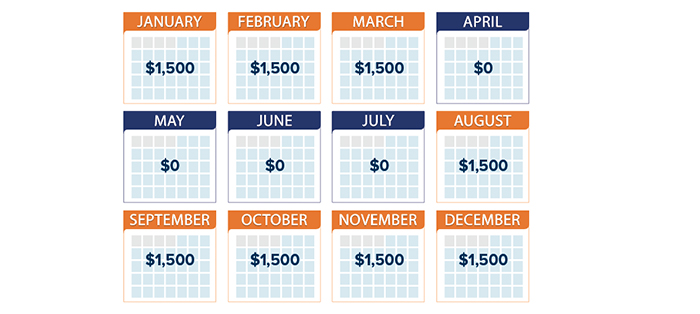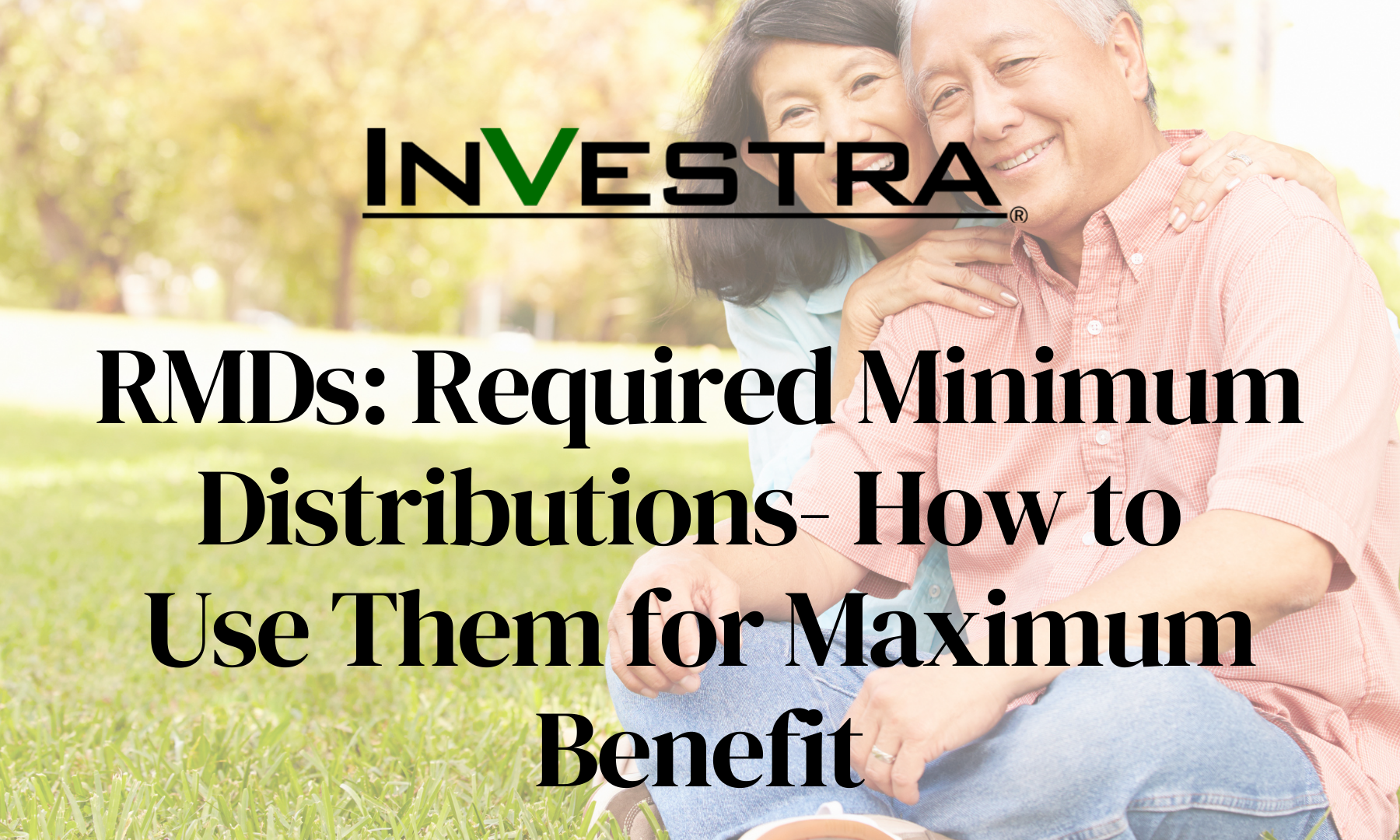The COVID-19 recession and the continuing pandemic pushed many older workers into retirement earlier than they had anticipated. A little more than 50% of Americans age 55 and older said they were retired in Q3 2021, up from about 48% two years earlier, before the pandemic (Pew Research, November 4, 2021).

For people age 62 and older, retiring from the workforce often means claiming Social Security benefits. But what happens if you decide to go back to work? With the job market heating up, there are opportunities for people of all ages to return to the workforce. Or to look at it another way: What happens if you are working and want to claim Social Security benefits while staying on your job?
Retirement Earnings Test
Some people may think they can’t work — or shouldn’t work — while collecting Social Security benefits. But that’s not the case. However, it’s important to understand how the retirement earnings test (RET) could affect your benefits.
- The RET applies only if you are working and receiving Social Security benefits before reaching full retirement age (FRA). Any earnings after reaching full retirement age do not affect your Social Security benefit. Your FRA is based on your birth year: age 66 if born in 1943 to 1954; age 66 & 2 months to 66 & 10 months if born in 1955 to 1959; age 67 if born in 1960 or later.
- If you are under full retirement age for the entire year in which you work, $1 in benefits will be deducted for every $2 in gross wages or net self-employment income above the annual exempt amount ($19,560 in 2022). The RET does not apply to income from investments, pensions, or retirement accounts.
- A monthly limit applies during the year you file for benefits ($1,630 in 2022), unless you are self-employed and work more than 45 hours per month in your business (15 hours in a highly skilled business). For example, if you file for benefits starting in July, you could earn more than the annual limit from January to June and still receive full benefits if you do not earn more than the monthly limit from July through December.
- In the year you reach full retirement age, the reduction in benefits is $1 for every $3 earned above a higher annual exempt amount ($51,960 in 2022 or $4,330 per month if the monthly limit applies). Starting in the month you reach full retirement age, there is no limit on earnings or reduction in benefits.
- The Social Security Administration may withhold benefits as soon as it determines that your earnings are on track to surpass the exempt amount. The estimated amount will typically be deducted from your monthly benefit in full. (See below example)
Back to Work
Let’s talk about a hypothetical example where an individual, we’ll call him Bob, claimed Social Security in 2021 at age 62, and was entitled to a $1,500 monthly benefit as of January 2022. He returned to work in April 2022 and is on track to earn $31,560 for the year — that’s $12,000 above the $19,560 RET exempt amount. That would mean $6,000 ($1 for every $2 above the exempt amount) in benefits will be deducted… Assuming the Social Security Administration (SSA) became aware of Bob’s expected earnings before he returned to work, benefits would be paid as illustrated below.

*Note: In practice, benefits may be withheld earlier in the year or retroactively, depending on when the SSA becomes aware of earnings.
Also note that the RET also applies to spousal, dependent, and survivor benefits if the spouse, dependent, or survivor works before full retirement age. Regardless of a spouse’s or dependent’s age, the RET may reduce a spousal or dependent benefit that is based on the benefit of a worker who is subject to the RET.
The RET might seem like a stiff penalty, but the deducted benefits are not really lost. Your Social Security benefit amount is recalculated after you reach full retirement age. For example, if you claimed benefits at age 62 and forfeited the equivalent of 12 months’ worth of benefits by the time you reached full retirement age, your benefit would be recalculated as if you had claimed it at age 63 instead of 62. You would receive this higher benefit for the rest of your life, so you could end up receiving substantially more than the amount that was withheld. There is no adjustment for lost spousal benefits or for lost survivor benefits that are based on having a dependent child.
If you regret taking your Social Security benefit before reaching full retirement age, you can apply to withdraw benefits within 12 months of the original claim. You must repay all benefits received on your claim, including any spousal or dependent benefits. This option is available only once in your lifetime.





